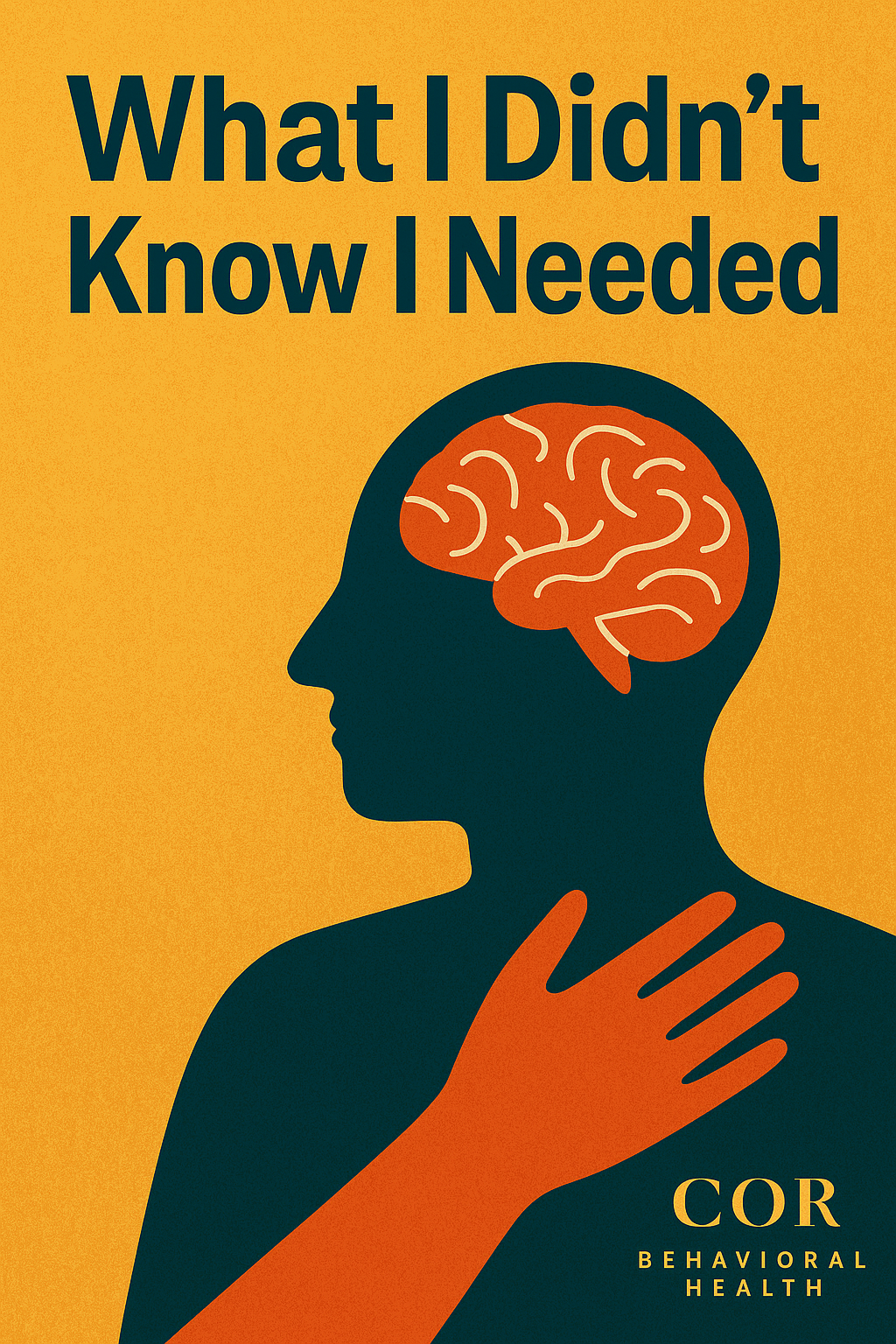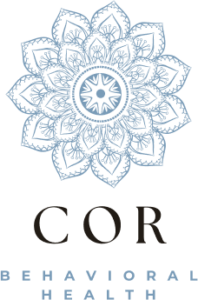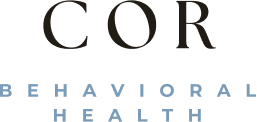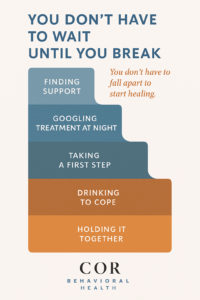
I wasn’t spiraling. I was performing. Work, family, bills, friends—I checked all the boxes. But I was also drinking every night, spinning inside my own head, and waking up with shame before my feet hit the floor. I didn’t think I needed treatment. I thought I needed more willpower.
What I actually needed was an intensive outpatient program—and permission to fall apart a little without losing everything.
Explore the program that finally helped me get honest.
I Was Too Functional to Be “That Bad”
I wasn’t passed out on park benches. I wasn’t losing jobs or custody. I was just… tired. Quietly self-destructing. Holding my breath through every meeting, then rewarding myself with a drink (or four) when I made it through the day. Nobody knew. Honestly, I’m not sure I wanted them to.
It’s a weird kind of prison—being “okay enough” that no one asks questions, while knowing deep down you’re not okay at all.
I Googled Treatment More Than I Care to Admit
Late at night. Alone. Hoping to find something that didn’t scream rehab. I didn’t want to disappear from my life—I wanted help inside my life. That’s how I found COR’s intensive outpatient program in Hobe Sound.
It wasn’t 30 days away in the mountains. It was structured support I could step into while still showing up for work and family. That felt doable. Barely. But enough.
My First Day: Sweaty, Skeptical, and a Little Hopeful
No one there looked like what I expected. They weren’t “those people.” They looked like me—tired professionals, exhausted parents, people trying to keep it together. The first session didn’t change my life. But it gave me something I hadn’t had in a long time: space to tell the truth without having to explain why I wasn’t worse.
I Learned to Name the Fire Before It Burned the House Down
That’s the thing about being high-functioning. You’re constantly managing the damage—cleaning up behind yourself, smoothing things over, pretending the burn marks are part of the design. In IOP, I stopped pretending.
Individual therapy gave me language. Groups gave me perspective. I started catching the spiral before it took me out.
More Than Just Drinking
My drinking wasn’t the only thing going on—and COR saw that. I was diagnosed with depression, anxiety, and ADHD, and I was dealing with more emotional static than I knew how to name. What hit hardest? They didn’t treat me like a diagnosis. They treated the whole picture.
Dual diagnosis support at COR meant they addressed both my substance use and the underlying mental health stuff that had me chasing escape in the first place.
I Didn’t Have to Choose Between My Life and My Healing
That was the myth I’d believed. That getting help meant losing everything I’d built. But COR’s intensive outpatient program showed me another way. One where I could stay present in my life while healing the parts I’d been hiding.
You don’t have to torch your world to save your soul.
The Right Level of Care—Without Leaving My Life
What made the difference for me was structure without isolation. I didn’t need inpatient—I needed something between “white-knuckling it alone” and full-time rehab. COR’s intensive outpatient program in Hobe Sound gave me exactly that.
I was able to work on the anxiety, depression, and ADHD that were fueling my patterns—without stepping out of my life to do it. You don’t have to guess what’s “bad enough.” You just have to want something better.
Recovery Didn’t Make Me Weak. It Made Me Honest.
And being honest? That’s where the strength is. I still have hard days. I still carry the impulse to keep things hidden. But I have tools now. People. Practice. A version of myself I actually recognize.
Call to Action
📞 If this hits a nerve, it’s probably not an accident. Call (888) 231-7973 or visit our intensive outpatient program in Hobe Sound, Florida to learn more. You don’t have to fall apart to start healing.





